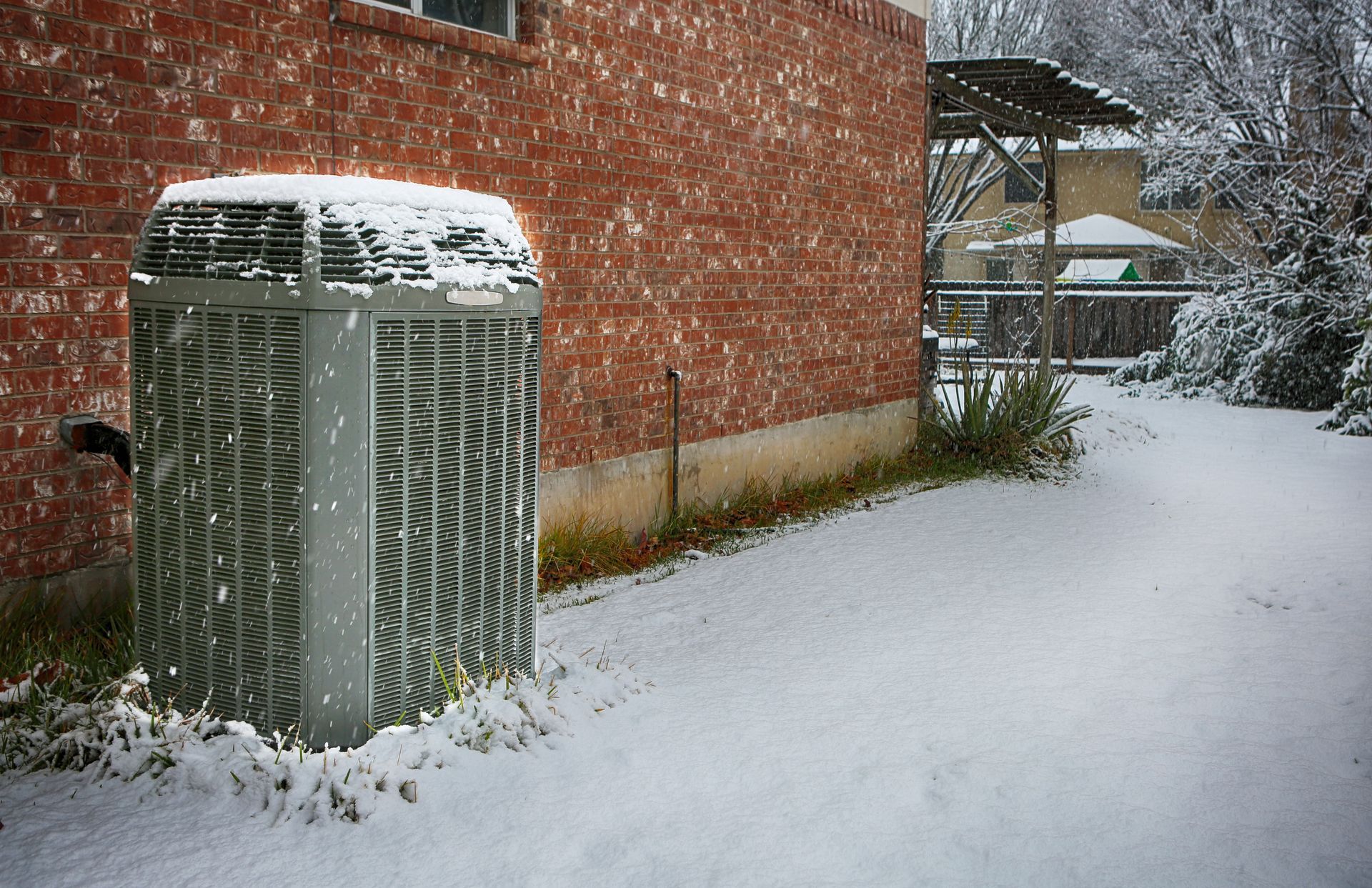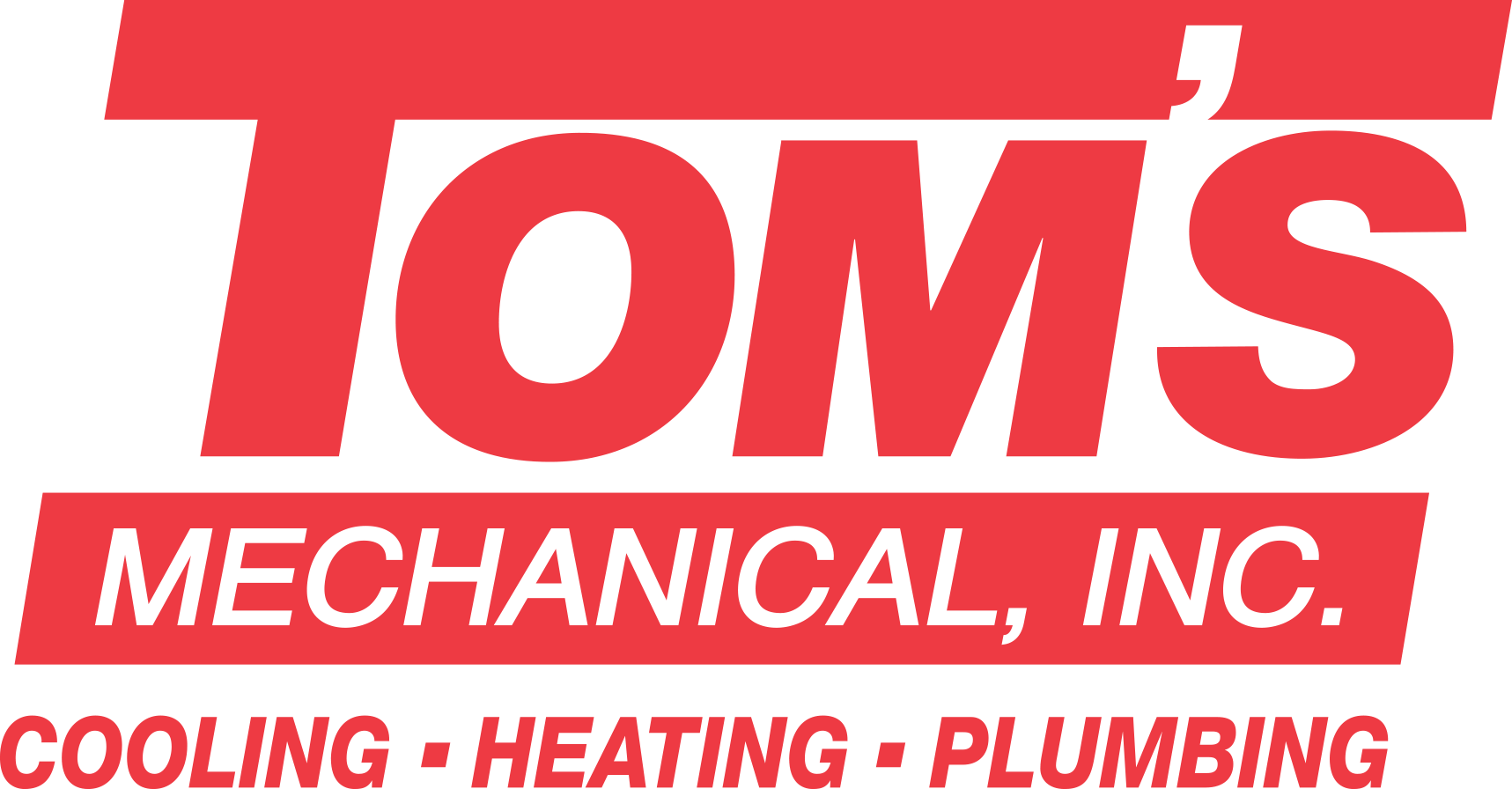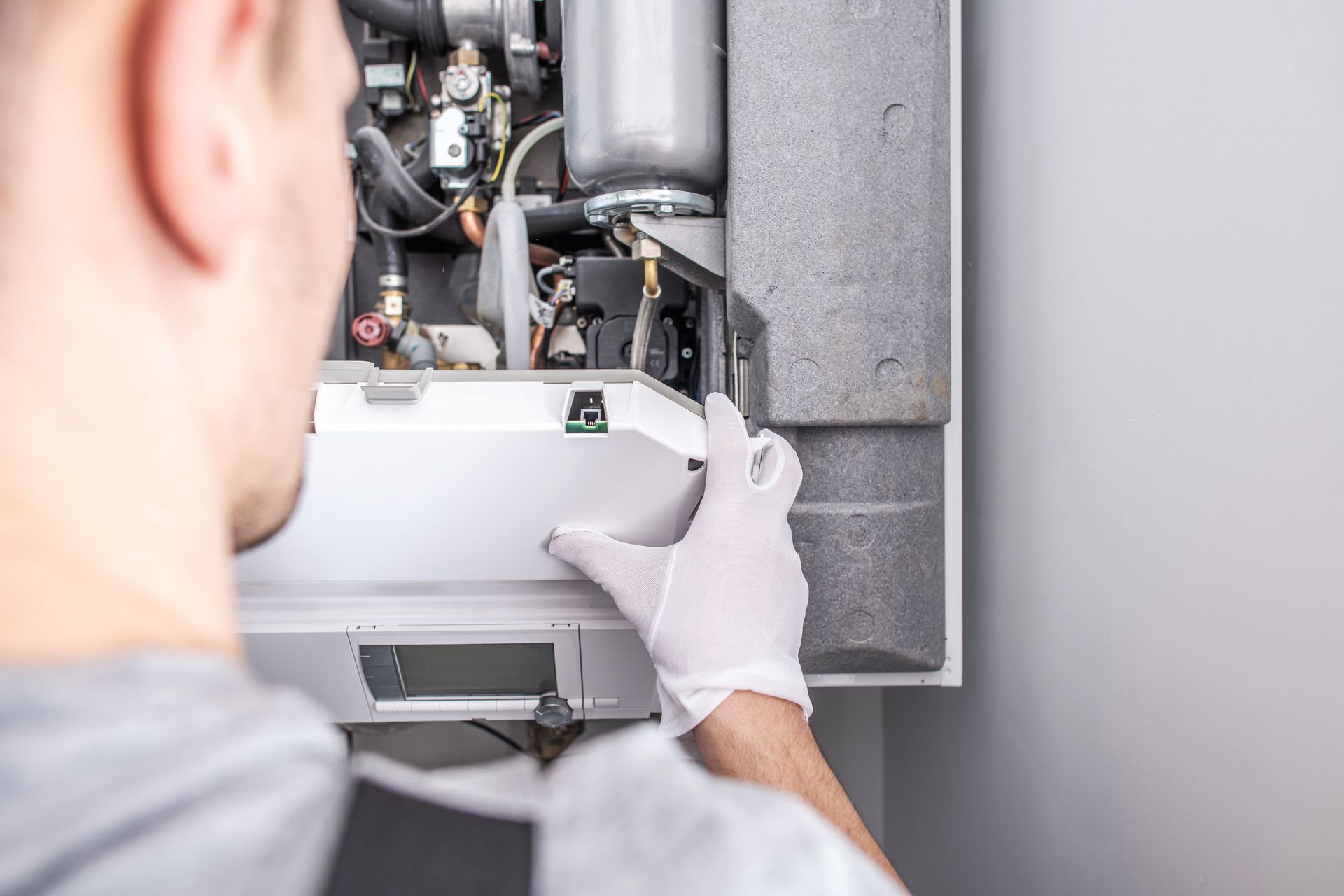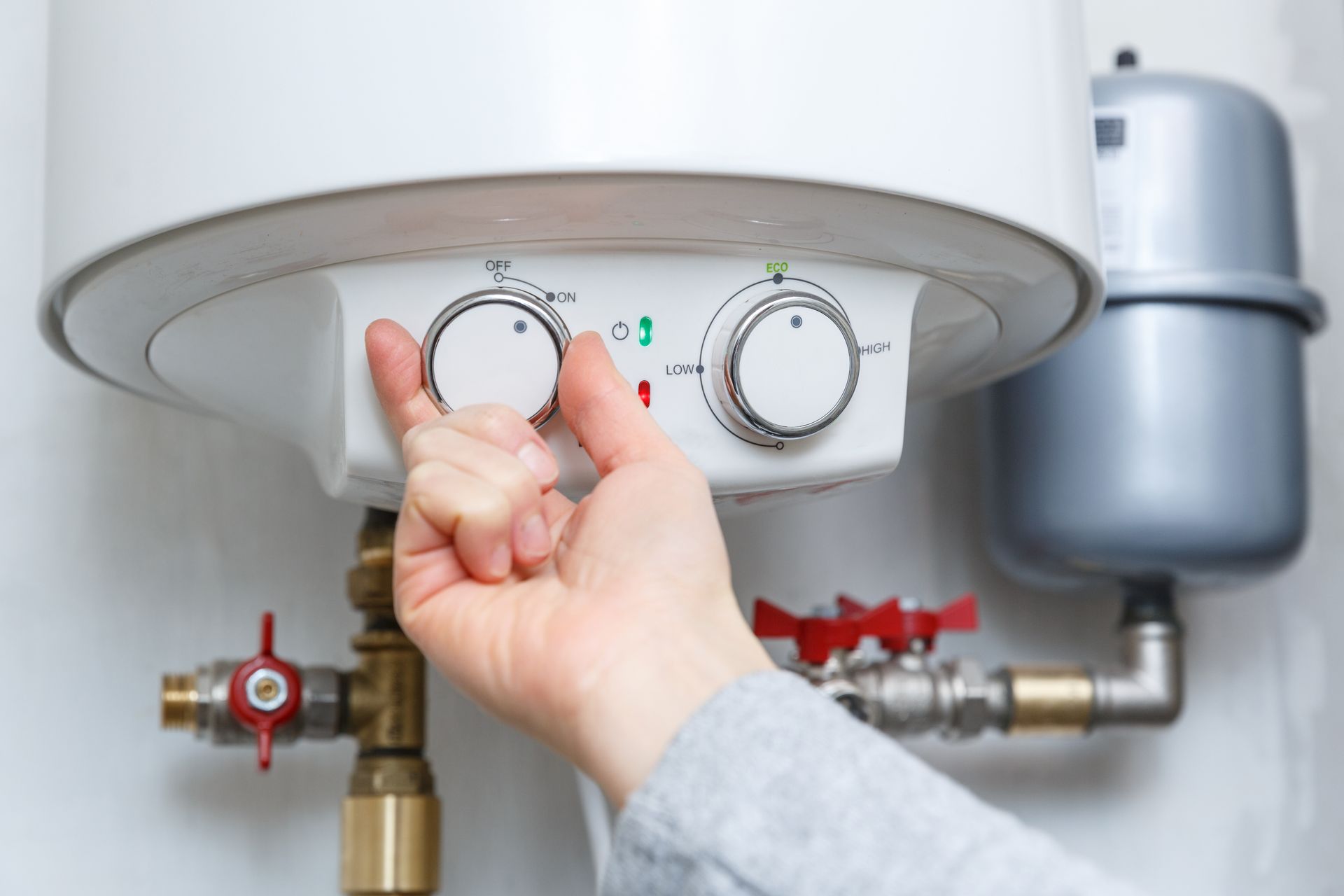How Important Is an HSPF Rating? Is an HSPF Different From a Seer Rating?

HSPF (or “Heating Seasonal Performance Factor”) is an important measure to consider when choosing heating appliances that will maintain a comfortable indoor environment for your home while still being energy efficient. Unlike SEER (Seasonal Energy Efficiency Ratio) ratings that focus on cooling efficiency, the HSPF rating gauges the heating efficiency of air source heat pumps. While many Arlington homeowners understand the importance of the more well-known SEER rating, those in the market for heat pumps shouldn’t dismiss HSPF.
In 2023, the Department of Energy updated efficiency testing standards to HSPF2 and SEER2. These ratings use stricter test conditions that better reflect real-world performance. While older models may still list HSPF and SEER, newer equipment is now labeled with the updated HSPF2 and SEER2 ratings.
Unlike SEER (Seasonal Energy Efficiency Ratio) ratings that focus on cooling efficiency, the HSPF rating gauges the heating efficiency of air source heat pumps. While many Arlington homeowners understand the importance of the more well-known SEER rating, those in the market for heat pumps shouldn’t dismiss HSPF.
How Is HSPF Calculated?
HSPF ratings are calculated by dividing the total heating output of a heat pump over a typical heating season by the total electricity consumed during that time. The formula accounts for various factors, including the heat pump's efficiency at different temperature ranges and the energy used in auxiliary heating, if applicable. The resulting HSPF value gives homeowners a clear measure of their heat pump's heating efficiency, allowing them to make informed decisions when selecting an optimal heating solution.
A higher rating indicates a more energy-efficient heat pump, leading to lower heating costs and reduced environmental impact. While the upfront cost for a heat pump with a higher rating can be higher, over time, the energy savings can significantly offset the initial investment, making the price worth it in the long run.
In Texas, the minimum HSPF rating required is 8.8. It used to be 8.2, which is the nation’s average rating, but it wasincreased in 2015 to reduce energy consumption and encourage the production of more energy-efficient heat pumps. The ideal rating for your home depends on your specific heating needs and climate conditions. An HVAC professional can help you determine the optimal HSPF rating that will keep everyone in your household comfortable without breaking the bank.
How To Improve My Heat Pump’s Performance, Regardless of Its Rating
- Maintenance is crucial for keeping your heat pump operating at its best. Dirty filters, clogged coils and worn-out components can decrease efficiency. Regular maintenance, including cleaning and servicing, can help optimize its performance, guaranteeing that your heat pump operates at its rated efficiency.
- Ensuring your home is well-insulated and properly sealed can significantly impact your heat pump's performance. Well-insulated homes retain heat better, reducing the workload on your heat pump and allowing it to efficiently maintain comfortable indoor temperatures for you and your family.
- Using a programmable thermostat allows you to set different temperatures for different times of the day, reducing the load on your heat pump when heating is not needed as much. Avoid drastic temperature fluctuations, as they can strain your heat pump.
- Make sure that your heat pump's airflow is unrestricted. Clean the outdoor and indoor coils and move furniture and other obstructions away from any vents or registers.
- Many heat pumps have auxiliary or backup heating systems that can activate during the winter. Minimizing the use of auxiliary heat whenever possible can help maintain the heat pump's lifespan.
What Should I Do if My Heat Pump Has a Low HSPF Rating?
A good HSPF rating ranges from around 8 to 10. Since the state’s minimum rating is 8.8, most properly sized heat pumps can adequately accommodate you and your family’s heating needs. If your heat pump is outdated or if your family requires one with a higher rating, it might be more cost-effective in the long run to invest in a newer, more efficient model that offers better energy efficiency and performance.
A qualified HVAC technician can assess your current heat pump's condition and assist with optimizing its performance by replacing your home’s thermostat[1] with a more advanced model that can better control your home’s heating or implementenergy efficiency improvements. While you can't change the fundamental HSPF rating of your heat pump, a professional can upgrade your home’s HVAC setup or insulation to help your system maintain the best output possible. Conversely, they can also advise you on different heat pumps and install a new one if necessary.
Our HVAC Experts Will Optimize Your Home’s Heating and Cooling Capacity
Arlington residents can rest easy knowing experienced heating experts are close by and always on call. If your heat pump or furnace breaks down in the fall or winter, the heating repair professionals at Tom’s Mechanical Inc. offer 24/7 emergency services. We are ready to help whenever and wherever needed.
For AC, heat pump or furnace replacement and installation services made easy, give us a call at (817) 277-4493 or explore our website to learn more.
Link to "Should you get a new thermostat with a new HVAC system?" blog



